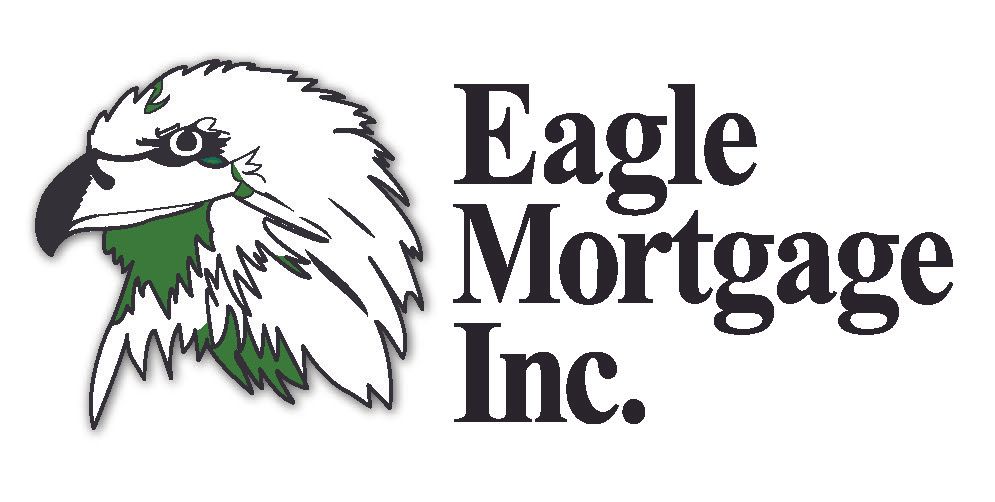The Importance of Your Credit Score
Your credit score plays a major role in determining the interest rate you’re offered on a mortgage. Here's how it works:
🔢 Higher Credit Score = Lower Interest Rate
Lenders view your credit score as a measure of how risky it is to lend to you. A higher score suggests you're more likely to repay your loan on time, so lenders offer you lower interest rates to win your business.
🧮 Example Breakdown (FICO Score Ranges):
| Credit Score Range | Estimated Interest Rate Impact |
|---|---|
| 760–850 | Best rates available (lowest) |
| 700–759 | Very good, slightly higher rate |
| 660–699 | Decent, but higher interest |
| 620–659 | Risky range; much higher rate |
| <620 | Subprime rates (if approved at all) |
💰 How Much Does It Cost You?
Even a small change in your interest rate (like 0.5%) can mean tens of thousands of dollars more or less in interest over a 30-year mortgage.
🏡 Example:
Loan Amount: $300,000
Term:
30 years fixed
| Credit Score | Interest Rate | Monthly Payment | Total Interest |
|---|---|---|---|
| 760+ | 6.5% | ~$1,896 | ~$382,000 |
| 620 | 8.5% | ~$2,301 | ~$528,000 |
That’s $600/month more, and $146,000 extra in interest over the life of the loan!
✅ Tips to Improve Your Score Before Applying:
- Pay all bills on time
- Reduce credit card balances
- Avoid new credit applications before the loan
- Check your credit report for errors
Let me know if you'd like help estimating your mortgage based on your actual credit score or other financial details.

